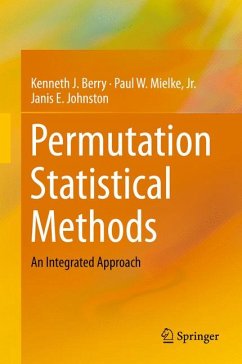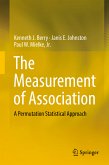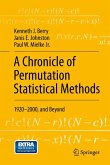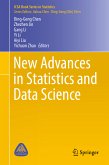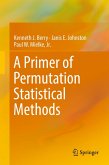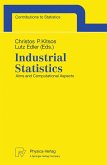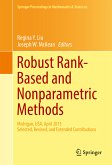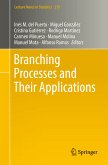Permutation statistical methods, compared to classical statistical methods, do not rely on theoretical distributions, avoid the usual assumptions of normality and homogeneity of variance, and depend only on the data at hand. This text takes a unique approach to explaining statistics by integrating a large variety of statistical methods, and establishing the rigor of a topic that to many may seem to be a nascent field in statistics. This topic is new in that it took modern computing power to make permutation methods available to people working in the mainstream of research.
lly-informed="" audience,="" and="" can="" also="" easily="" serve="" as="" textbook="" in="" graduate="" course="" departments="" such="" statistics,="" psychology,="" or="" biology.="" particular,="" the="" audience="" for="" book="" is="" teachers="" of="" practicing="" statisticians,="" applied="" quantitative="" students="" fields="" medical="" research,="" epidemiology,="" public="" health,="" biology.
Dieser Download kann aus rechtlichen Gründen nur mit Rechnungsadresse in A, B, BG, CY, CZ, D, DK, EW, E, FIN, F, GR, HR, H, IRL, I, LT, L, LR, M, NL, PL, P, R, S, SLO, SK ausgeliefert werden.

